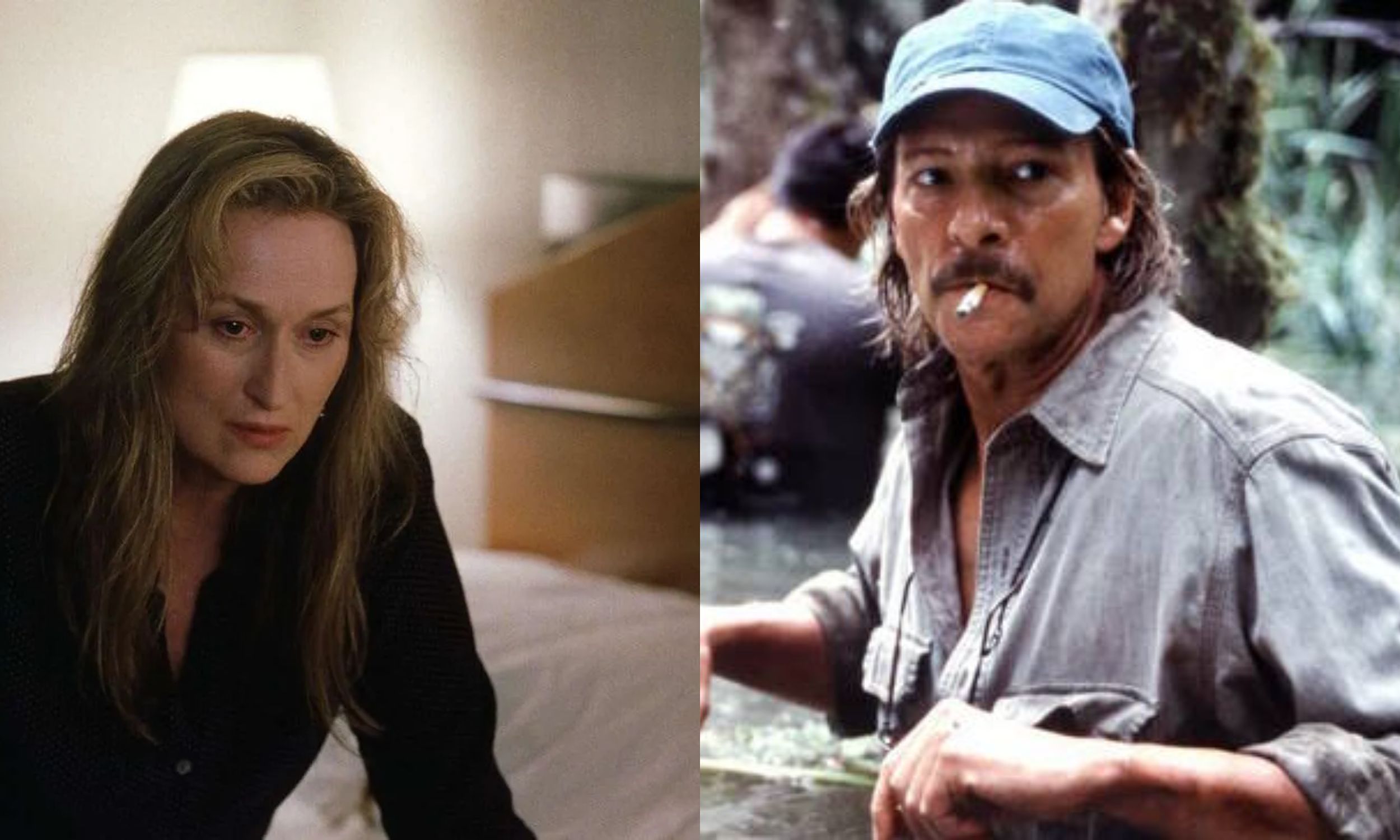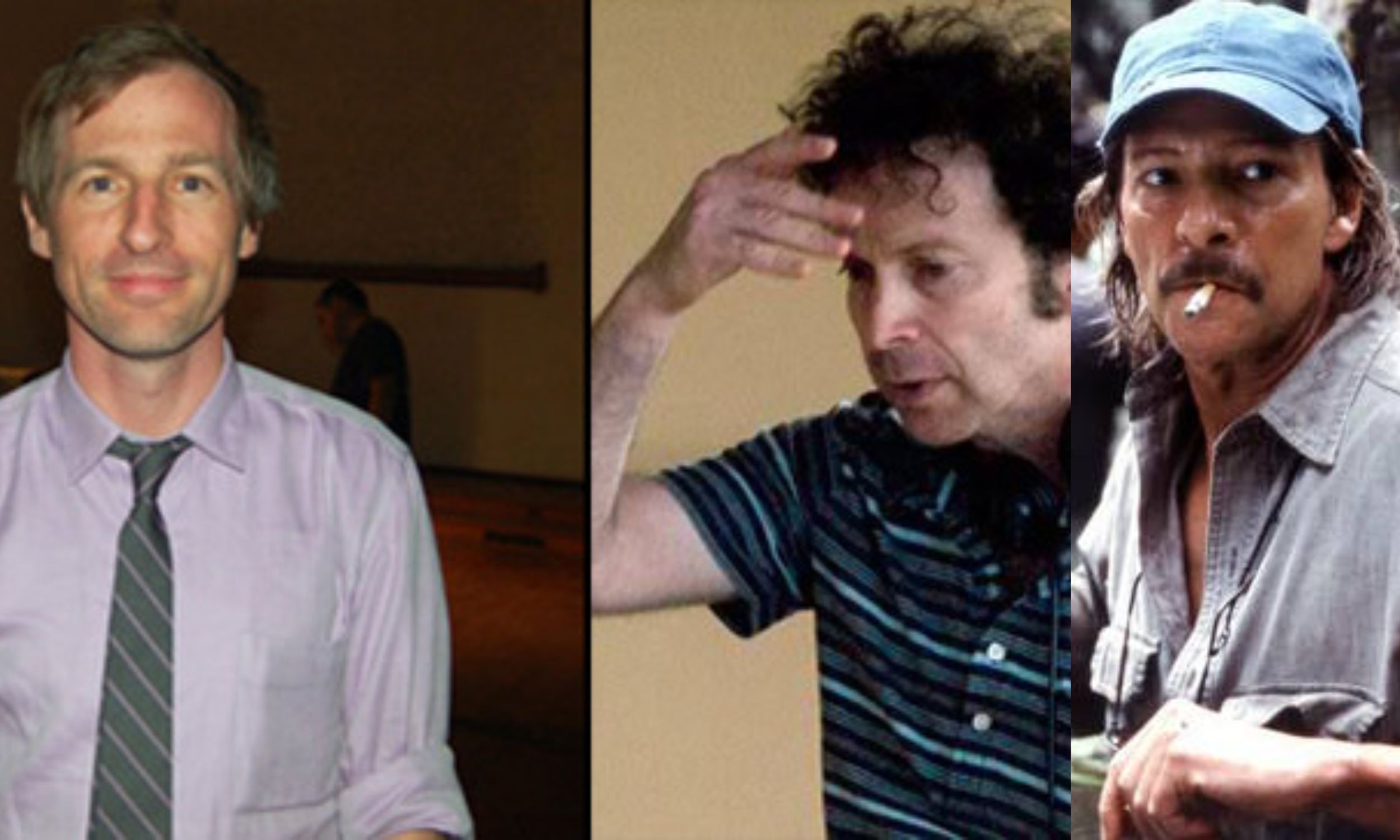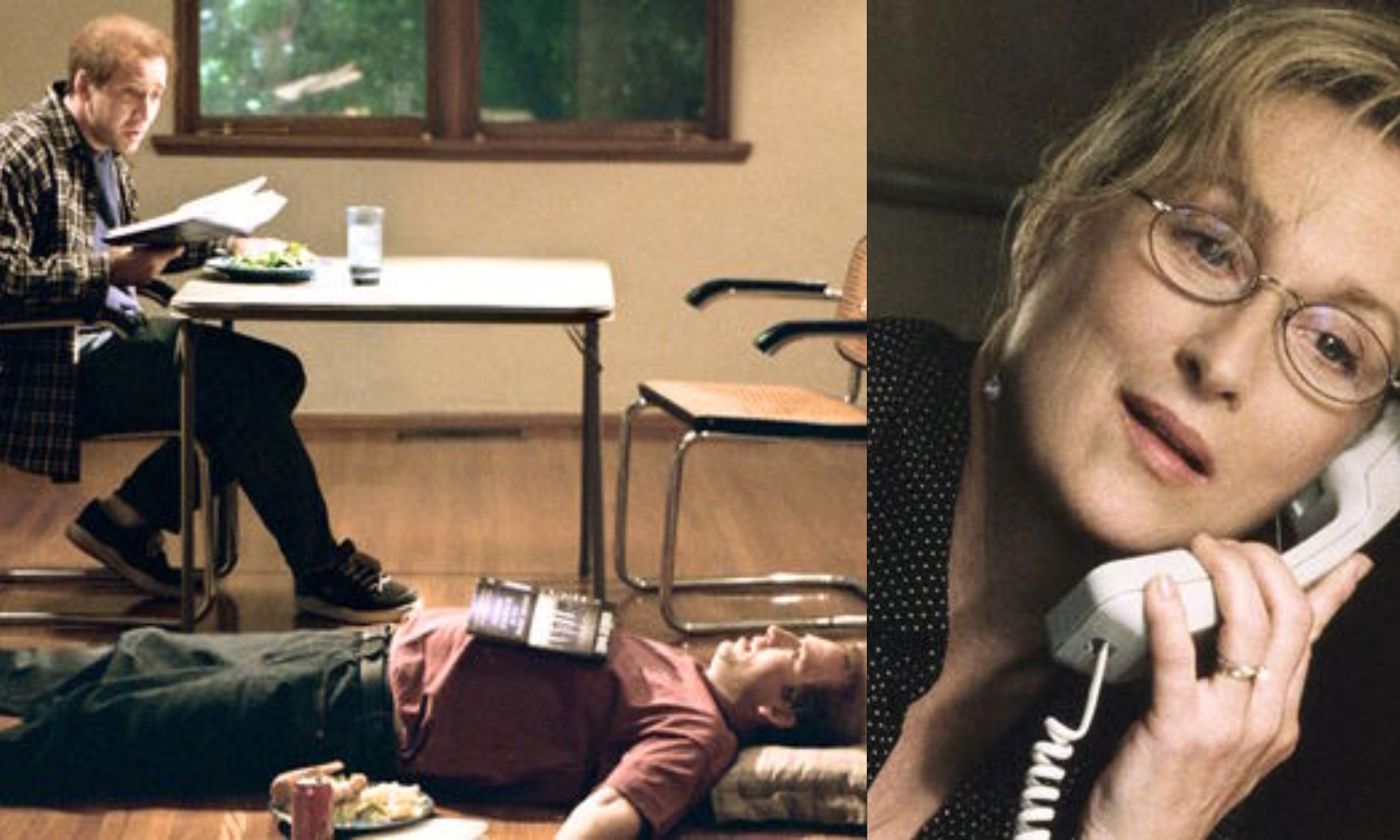Spike Jonze directed the 2002 film Adaptation, with a screenplay by Charlie Kaufman, which tells the story of a screenwriter struggling to transform a non-fiction book into a feature film.
This intricate and multi-faceted film defies conventional narrative forms and delves into themes like creativity, inspiration, identity, and personal growth. Below, the plot and conclusion of Adaptation are dissected; be warned, spoilers lie ahead.

Adaptation: Movie Vs Real Life Explained
In reality, screenwriter Charlie Kaufman faced the challenge of adapting Susan Orlean’s book, The Orchid Thief, into a cinematic experience. This non-fiction work focuses on John Laroche, an orchid trader, and details his activities related to orchids. The real Kaufman grappled with writer’s block while attempting to adapt the straightforward narrative of Orlean’s book into a screenplay.
Curiosity was sparked in Susan Orlean when the actual John Laroche was arrested, leading her to write a book about the incident. Adaptation, which emerged from this book, reflects Kaufman’s own struggles with writing, portraying his battle with writer’s block as he attempts to turn the narrative into film.
In the cinematic version, Kaufman is depicted trying to adapt The Orchid Thief, written by Orlean, who portrays a romantic involvement with Laroche. The film takes creative liberties with the conclusion, enhancing it for an audience that favors commercial cinema.
Adaptation Movie: Characters Explored
The central figure of Adaptation is Charlie Kaufman, brought to life by Nicolas Cage. As a screenwriter grappling with adapting Orlean’s non-fiction book, he embodies a socially awkward introvert seeking his place in the world.
Throughout the film, Charlie reflects a highly introspective and self-critical nature, often questioning his identity and exhibiting deep insecurities, particularly regarding his writing skills.
Charlie wrestles with the creative limitations presented by the source material, torn between fidelity to Orlean’s original narrative and the need to engage a broader audience.
In a journey of self-discovery, he finally learns to embrace his unique storytelling voice, paralleling the real-life experience of Kaufman as he crafted the screenplay.
The Hyperbole: Donald Kaufman
Contrasting Charlie’s character is Donald Kaufman, his twin brother. Donald embodies confidence, extroversion, and optimism, serving as a foil to Charlie. This dynamic highlights the complexity of identity and suggests that multiple facets exist within individuals.
Donald’s choice to pursue screenwriting and his subsequent success emphasize that anyone can flourish by confidently embracing their unique perspective. Both brothers received Oscar nominations for Best Screenplay for Adaptation— a noteworthy example of the film’s unique narrative journey!
The Author: Susan Orlean
Portrayed by Meryl Streep, Orlean is the author of The Orchid Thief, the subject of Charlie’s adaptation efforts. Her confident demeanor starkly contrasts with Charlie’s self-doubt and insecurities.
The Orchid Thief: John Laroche
Chris Cooper plays John Laroche, the real-life orchid hunter featured in Orlean’s narrative. Initially portrayed as charismatic and self-assured, Laroche’s character gradually reveals his vulnerabilities and struggles to find purpose.
His character symbolizes the divergence between external appearances and internal realities, illustrating how personal experiences shape our perceptions of what is deemed real.
What Loophole Does John Laroche Exploit?
Set in the 1990s, the film addresses the threats facing various orchid species due to over-harvesting and habitat loss. Laws were enacted to safeguard rare orchids through trade restrictions.
Leveraging his relationship with the Seminole tribe, Laroche takes advantage of their sovereign status to illegally cultivate and sell these plants. Although he claims his activities are scientifically motivated, he is eventually apprehended for poaching.
Adaptation Movie: Plot Explained
This non-linear narrative blurs the distinction between fact and fiction. The film opens with Charlie grappling with writer’s block while attempting to adapt Orlean’s narrative into film.
Charlie’s journey intertwines with the events of The Orchid Thief, revealing his increasing obsession with Laroche’s story and unique worldview. Simultaneously, Donald’s decision to enter the screenwriting realm brings him unexpected success, much to Charlie’s frustration, despite Donald’s lack of experience.

As Charlie perseveres, he meets Robert McKee, a renowned screenwriting expert who conducts seminars. Inspired by McKee’s teachings, Charlie also feels trapped by the constraints of the Hollywood system and the commercialization of cinema.
In a pivotal twist, Charlie enlists Donald to impersonate him and interview Orlean, pushing the narrative into even wilder territory. The plot reveals Orlean’s romantic involvement with Laroche, who employs orchids to manufacture a hallucinogenic drug.
The situation escalates as Charlie witnesses their secret rendezvous, leading to chaos, including a violent shootout where Donald is killed, and Charlie crashes into a truck.
In a surreal conclusion, Laroche meets a tragic fate at the jaws of an alligator, while Orlean faces arrest for her criminal involvement. Finally, Charlie comes to terms with his brother’s loss, finds love, and completes his screenplay.
Was There a Romantic Angle Between Orlean and Laroche?
The non-fiction book The Orchid Thief does not explore any romantic relationship between Orlean and Laroche. It focuses solely on Laroche’s obsession with rare orchids and his efforts to cultivate them.
The film’s introduction of a romantic plotline is a creative choice designed to examine themes of perception and the subjective nature of reality. This embellishment enhances the story for a broader audience and introduces elements like a hallucinogenic drug, Donald’s murder, Laroche’s demise, and Orlean’s arrest—fitting narratives for a cinematic experience. When Susan Orlean first encountered the script, she expressed understandable shock but later embraced its creative interpretation.
Adaptation Movie: Ending Explained
The film’s conclusion presents a surreal yet contemplative experience. A montage of Charlie’s screenplay unfurl as if it were happening in real life, blurring the lines between reality and fiction. This highlights how creativity can influence perceptions of reality and demonstrates the profound impact that storytelling has on the world.
In the final moments, Charlie Kaufman, having passed through writer’s block and identity struggles, finally writes a screenplay that resonates with both Orlean’s original narrative and his personal journey. To maintain audience engagement, he introduces thrilling crime elements toward the end.
Adaptation is an intricate screenplay that layers storytelling within storytelling, creating a unique cinematic experience. What are your impressions of the film’s narrative and conclusion? Feel free to share your thoughts below.
Barry is a technologist dedicated to helping startups develop successful products. His passion for cinema and production has led him to create well-received articles that analyze films and provide insight to readers.



